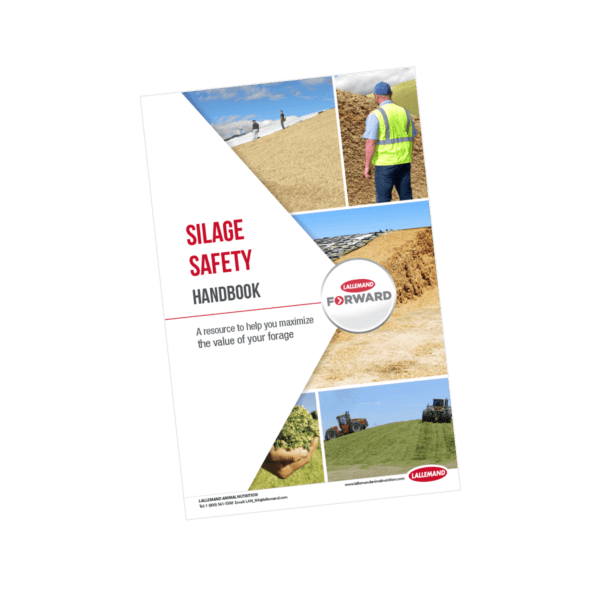De nombreux conservateurs d’ensilage sont à la disposition des exploitations certifiées biologiques. Toutefois, selon le cadre législatif en vigueur, les produits homologués varient d’une région à l’autre.
Conservateurs biologiques vs. conservateurs classiques
Les conservateurs d’ensilage homologués dans les exploitations biologiques certifiées doivent répondre aux critères de l’organisme de certification local. Par nature, les bactéries lactiques sont des produits naturels, mais même les produits naturels ne sont pas automatiquement homologués pour usage dans les exploitations biologiques.
Dans de nombreux cas, il n’y a pas de différence de performance entre les conservateurs pour fourrages biologiques et traditionnels. Même pour les producteurs biologiques, il est important de s’assurer que le conservateur répond aux critères fondamentaux pour maximiser l’investissement réalisé.
Certification
Dans la plupart des pays, la confirmation que les produits sont conformes à la production biologique provient d’organismes tiers. Il peut s’agir d’agences au sein du gouvernement d’un pays donné, d’une entreprise privée ou d’un organisme sans but lucratif.
Il n’est pas toujours obligatoire de faire appel à une certification de tierce partie pour attester qu’un produit est « conforme aux normes biologiques ». Lorsqu’un produit est formulé uniquement avec des ingrédients agréés pour la production biologique, il est parfois facultatif de se procurer la certification par les organismes et (ou) autorités de contrôle nationaux. Les éleveurs ou fabricants d’aliments pour animaux fournissent quelquefois leur propre déclaration de conformité. Mais dès lors qu’un produit renferme des ingrédients biologiques pour l’alimentation animale, il faut souvent obtenir la certification accordée par une tierce partie.
Organismes de certification biologique reconnus
Les produits spécifiques acceptés par les organismes de certification varient d’un pays à l’autre. Les éleveurs doivent se renseigner auprès de leur organisme de certification pour se procurer les informations actuelles.
Demandez de plus amples renseignements à notre équipe de spécialistes de l’ensilage !



